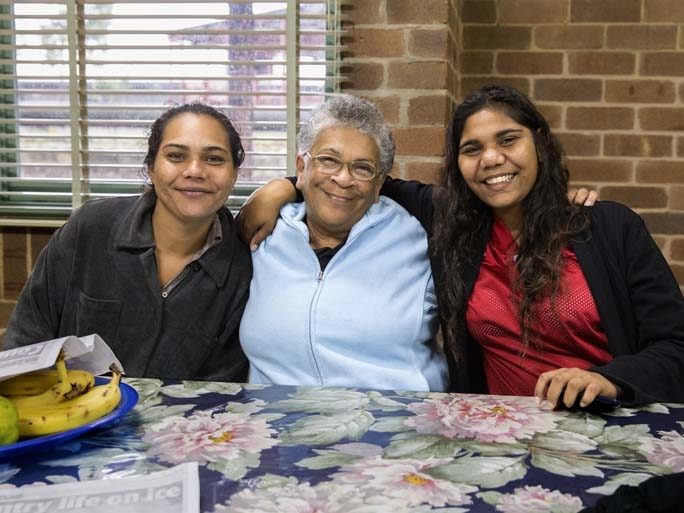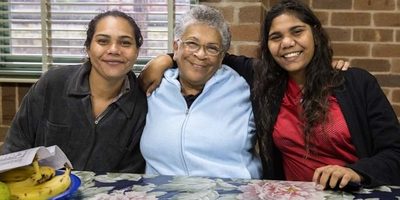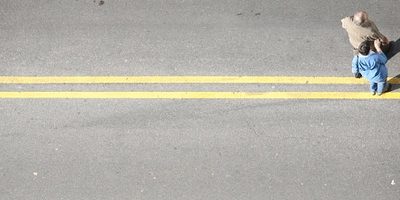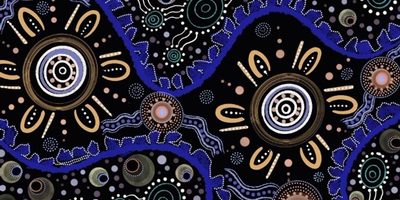
Project to enable older Aboriginal and Torres Strait Islander People to stand strong and tall receives $3 million grant
A ground breaking project to tackle the leading cause of hospitalisation for older Aboriginal and Torres Strait Islander people has been given a $3 million boost.
The Ironbark program, developed by researchers at The George Institute for Global Health in partnership with local communities, will tackle the high rate of falls that can cause devastating impact.
The funds from the NHMRC will be used to run a trial on group based, balance and strength exercise classes across three states (NSW, South Australia and Western Australia) involving around 600 people.
Dr Tamara Mackean, senior research fellow in Aboriginal and Torres Strait Islander health at The George Institute, said with falls affecting one in three Aboriginal and Torres Strait Islander people each year, the funds were urgently needed.
“Fall related injuries are rising each year and can have a major impact in older age. They can lead to long term disability, reduced mobility, poor quality of life, aged care admission and even death, and impact not just the individual but also their family and the larger community.
Project lead, Professor Rebecca Ivers said: “We found that whilst there were falls prevention programs for older people in Australia, Aboriginal and Torres Strait Islander people were not accessing them so it was important to develop a culturally safe program developed with strong Aboriginal and Torres Strait Islander community oversight,”
The Ironbark Program is a community-based program involving interactive discussion about fall risk factors, combined with balance and strength training. It’s based on a successful NSW pilot where participants reported they did not need to use their canes or walking sticks as much, felt more confident, and lost weight.
Julieann Coombes, Aboriginal and Torres Strait Islander Research Officer at The George Institute, said: “We want to enable older Aboriginal and Torres Strait Islander people to have control of their own health. Our aim is to allow older people to stay healthy and strong in their own homes and communities for as long as possible.”
Professor Kathleen Clapham, from the University of Wollongong, added: “Regular exercise has been shown to prevent falls, promote independence and to contribute to other aspects of healthy ageing so we hope this program will make a significant difference and reduce this burden.
Fall injury is a rapidly growing public health issue for older Aboriginal and Torres Strait Islander people too: around one in three people fall each year5 and fall-related injury cases rose by an average of 10.2% per year from 2007-08 to 2010-11, compared to a 4.3% average annual increase for all other older Australians.
The aim of Ironbark is to establish the effectiveness of the community based fall prevention program on the rate of falls in Aboriginal and Torres Strait Islander people 45 years and older, compared to controls who receive a healthy ageing program. If successful it’s hoped the project will be rolled out nationwide.
The trial is expected to start mid-2018. Its chief investigator is Professor Rebecca Ivers, director of the Injury Division at The George Institute, UNSW Sydney. The trial represents a collaboration of researchers from UNSW Sydney, University of Sydney, Wollongong University, Flinders University and Curtin University.




